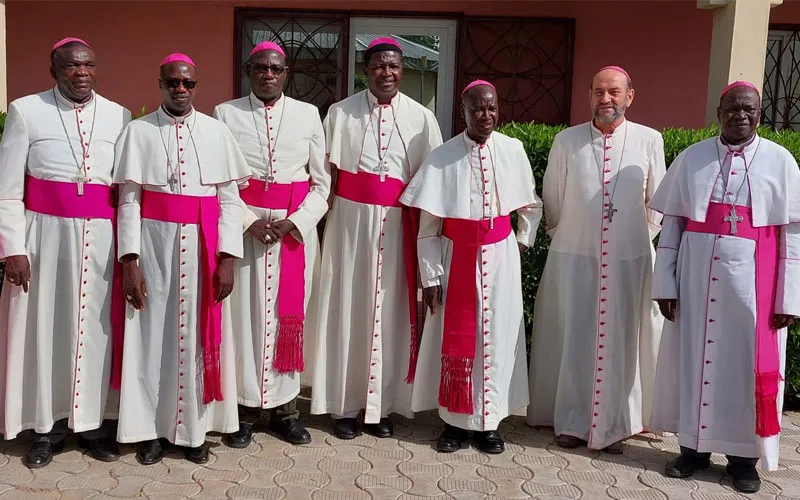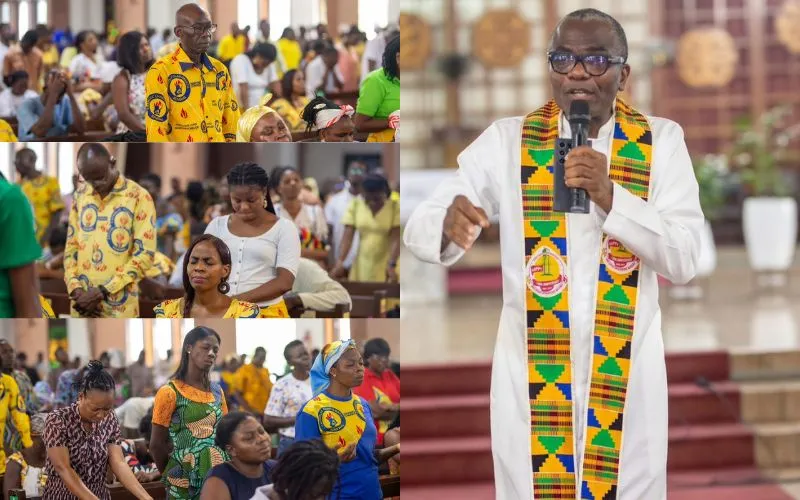N'Djamena, 30 November, 2022 / 8:20 pm (ACI Africa).
Catholic Bishops in Chad have decried “endemic violence” in the North-Central African nation and are urging authorities to call for “a true inclusive national dialogue”.
Speaking at the start of the Second Plenary Assembly of members of the Episcopal Conference of Chad (CET) on November 26, the President of CET urged his brother Bishops to continue to be the voice of the voiceless in the country.
“This second session of the plenary of our Episcopal Conference for 2022 is taking place in a difficult context, with worrying situations in our country,” Archbishop Goetbé Edmond Djitangar said.
Archbishop Djitangar added, “Since our last major session in 2021, we have been actively preparing with the faithful for the great meeting of the National Dialogue, which unfortunately has not kept its promises.”
“At the beginning of this Plenary Assembly, I would like once again, in the name of our Church-Family of God, to express our compassion for all the families that have been severely affected by the recent violence,” he said.








